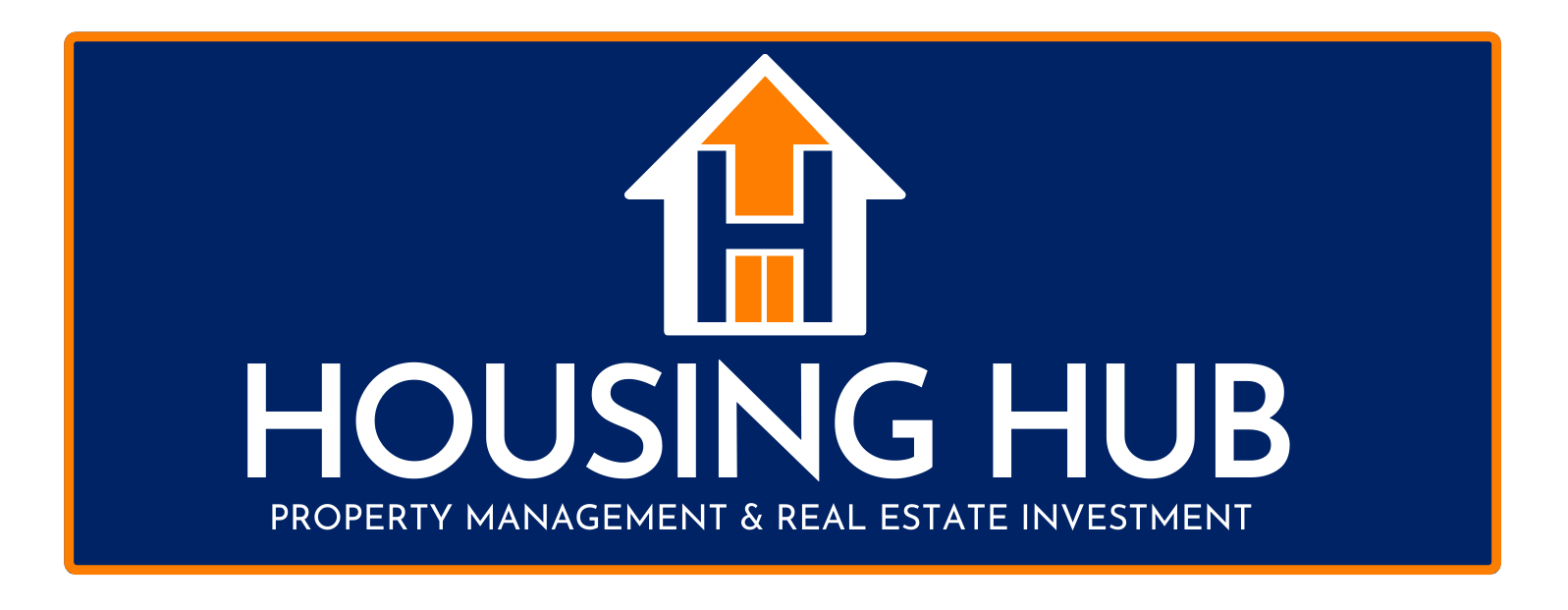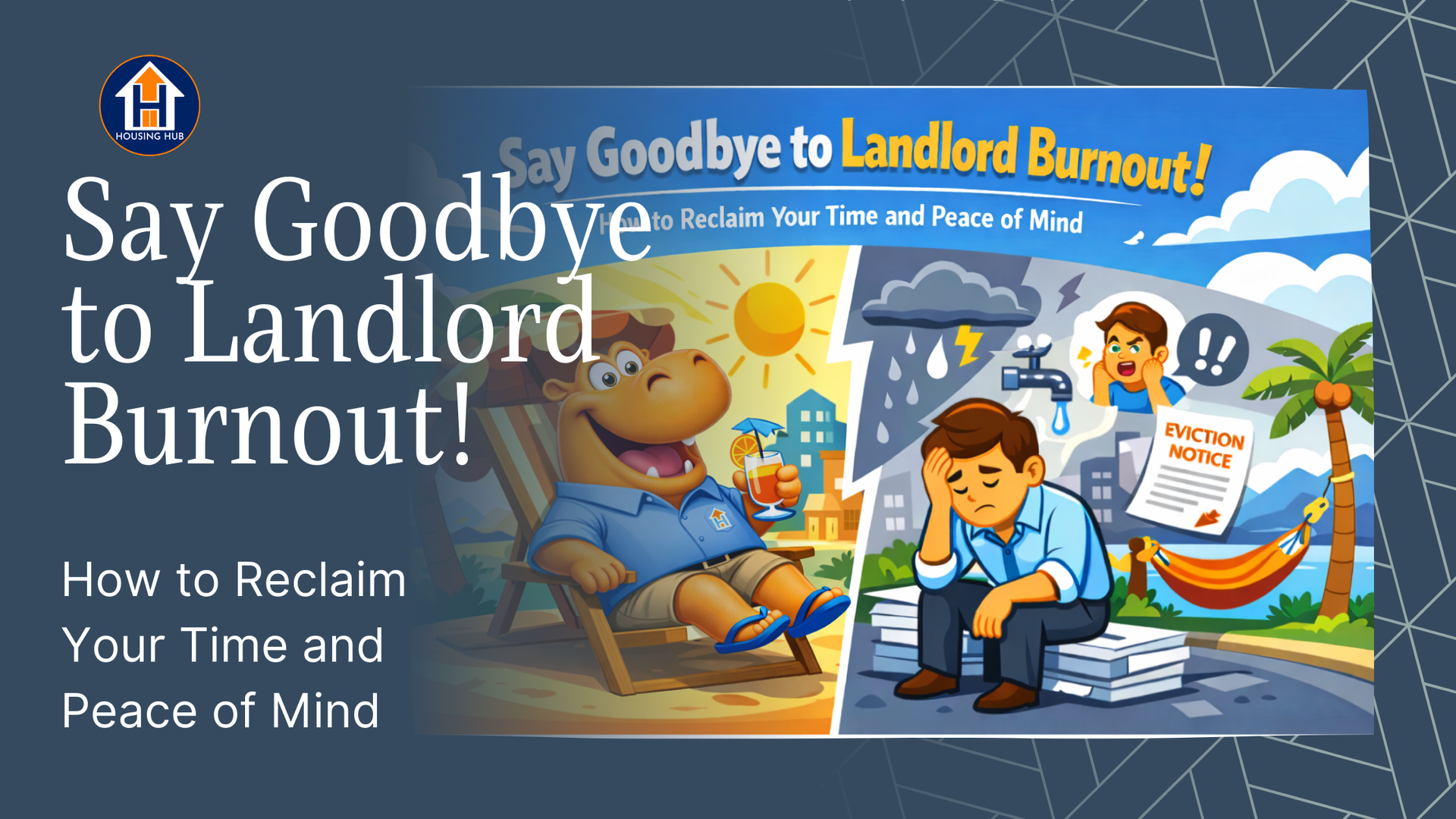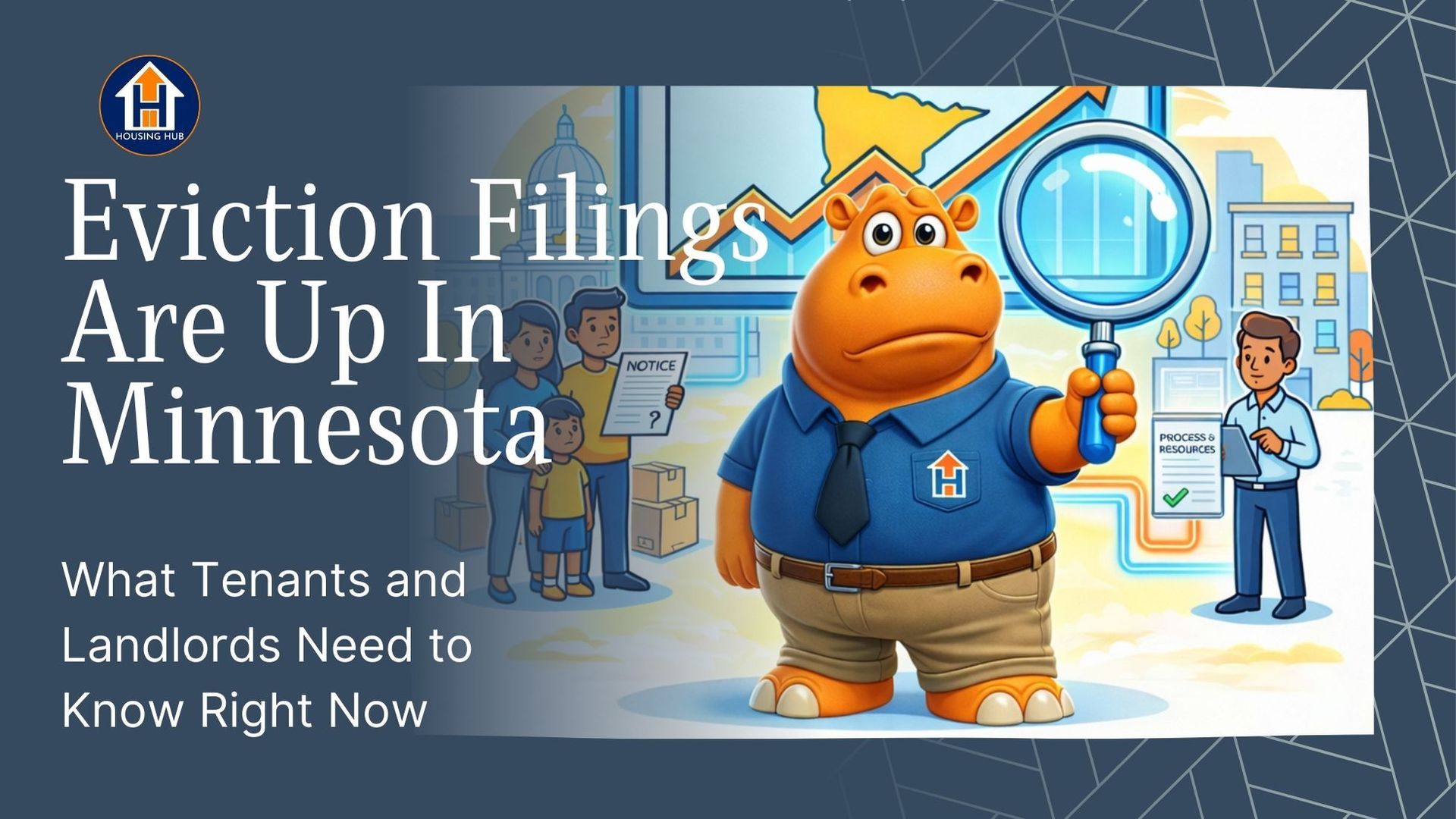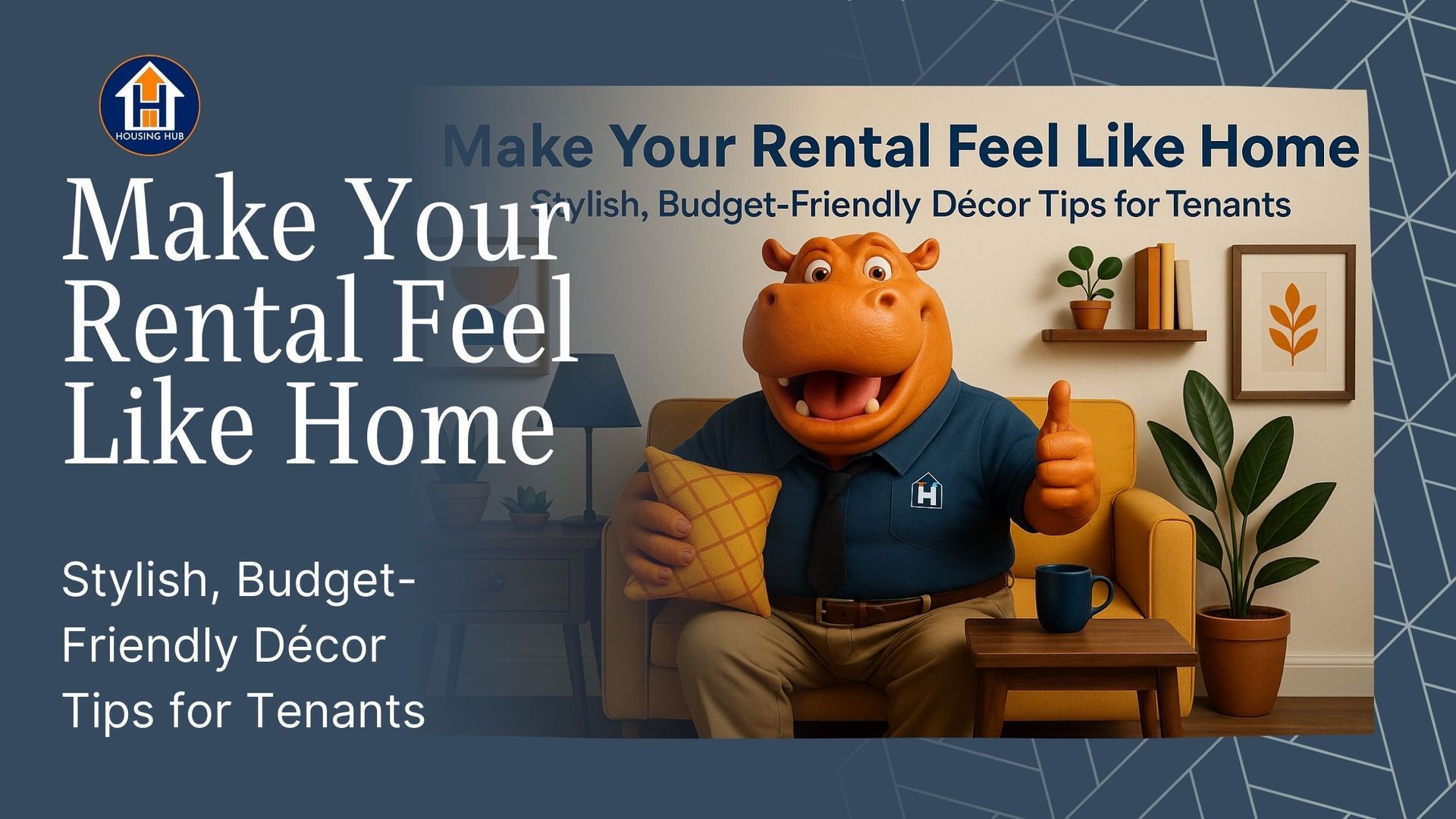Simple Upgrades That Boost Rental Property Value in St. Paul
If you're looking to boost your rental property's value in St. Paul, you're in luck. Simple upgrades can make a significant difference in how appealing your property is to potential tenants. By focusing on efficient, cost-effective enhancements, you'll not only attract more tenants but also increase your overall return on investment.
Enhancing your property's appeal doesn't have to be overwhelming. With a few strategic changes, you can improve the tenant experience and maintain long-term demand. Here, we'll explore practical upgrades that are easy to implement and greatly enhance the overall value and appeal of your rental property in St. Paul.
Update the Curb Appeal
First impressions matter greatly, and the exterior of your rental property is the first thing potential renters will see. Improving curb appeal is a straightforward way to make your property stand out. Here are some simple steps you can take:
1. Landscaping and Garden Maintenance: Keep the front yard tidy by trimming bushes, mowing the lawn, and planting colorful flowers. Even adding a few potted plants can brighten up the entrance.
2. Fresh Paint for the Exterior: A fresh coat of paint can revive a tired façade, giving your property a clean, modern look. Neutrals like gray or beige are popular choices that appeal to many tenants.
3. New Front Door or Hardware: Update the front door with a new color or style, or simply change the hardware for a fresh look. This small change can make a big impact on the property's overall appearance.
By focusing on these exterior improvements, you're not just enhancing curb appeal. You're setting the stage for an inviting entrance that welcomes potential tenants and immediately lets them imagine living there. Such updates enhance the attractiveness and perceived value of your property, making it a more enticing option for those searching for a new place to call home.
Modernize the Kitchen
The kitchen is often called the heart of the home, and it's a focal point for potential tenants. A well-designed, modern kitchen can set your rental property apart and make it much more appealing. Begin by looking at the countertops and cabinets. Replacing old countertops with new, quality materials can transform the space. Consider choosing a durable surface that's easy to clean and matches various design preferences. Similarly, updating cabinets with a fresh coat of paint or newer models enhances functionality while adding a contemporary feel.
Outdated appliances can be a big turn-off, so think about upgrading to stainless steel models or energy-efficient options. They not only look good but also promise lower energy bills, which can be quite attractive to tenants. Additionally, adding a stylish backsplash can give the kitchen a trendy look without a massive expense. It's these small changes that, together, make your kitchen irresistible to new renters.
Upgrade Bathroom Fixtures
A fresh bathroom can have a massive impact on the perceived value of a rental property. Prospective tenants often scrutinize bathrooms for cleanliness and modernity. Start by replacing old faucets and showerheads with sleek, modern fixtures that improve both aesthetics and water usage. Updating lighting fixtures can also enhance the bathroom by providing better illumination and making the space feel larger and warmer.
Consider adding storage solutions like shelves or cabinets. Even in a small bathroom, creative storage ideas help utilize space better, making bathrooms more functional and less cluttered. A well-organized bathroom makes everyday living more convenient for tenants, which can be a big plus.
Focus on Flooring Improvements
Flooring plays a critical role in the appeal and comfort of a property. Old or damaged flooring may turn away potential renters, while updated flooring can attract interest and secure tenants quickly. Upgrading to hardwood or laminate flooring is a popular choice. These materials are not only durable but also stylish and easy to clean, which appeals to a wide range of renters.
Removing worn-out carpets and replacing them with new, durable options is another significant improvement. It's important to choose carpets that resist stains and handle high traffic well. Tenants appreciate flooring that looks great and withstands everyday wear and tear, enhancing the value of your property in the process.
Enhance Energy Efficiency
Energy efficiency is becoming more important to renters as it often translates into reduced utility costs. Consider installing energy-efficient windows and doors; these not only improve insulation but also regulate temperature better, making the home comfortable year-round. Additionally, upgrading to LED lighting throughout the property is a small investment that pays off by lowering energy use and contributing to a property's modern appeal.
Proper insulation and weatherproofing go hand in hand with energy-efficient installations. Ensuring the property retains heat in winter and stays cool in summer can be a deciding factor for renters looking to save on energy bills. These improvements make your property more attractive to the environmentally conscious tenant, boosting its overall value.
Boosting Rental Value in St. Paul
Living in St. Paul means being part of a vibrant community with plenty to offer. Enhancing your rental property with these smart upgrades ensures it remains competitive and appealing to potential renters. From updating kitchens and bathrooms to improving curb appeal and enhancing energy efficiency, these changes can significantly impact your property's value.
Investing in these upgrades not only improves tenant satisfaction but also leads to better returns in the long run. As you consider these improvements, keep in mind their overall impact on your property's market appeal. These small enhancements can lead to big rewards, providing security and value for both you and your tenants.
For property owners in St. Paul looking to maximize their rental investments, partnering with experienced professionals can make a significant difference. Discover how property management companies in St. Paul like Housing Hub can support your goals. By leveraging local expertise, you can ensure your property's upgrades are well-executed and appealing to future tenants, ultimately enhancing your returns and creating a welcoming home for residents.






